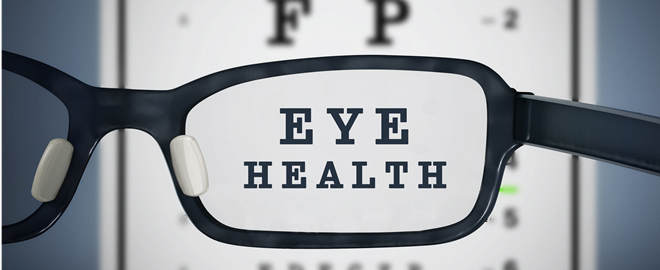The role of nutrition in eye health
Posted on March 7, 2024 in Healthy You

Your eyes not only reveal the world around you, they’re also a window into your overall health. While regular vision exams and protecting your eyes from harsh UV rays are crucial, the key to healthier vision may also be found on your plate.
Nutrition plays a role in eye health. Certain foods, such as soda and processed foods, cause inflammation that can lead to chronic eye diseases. On the flip side, some foods actually protect your eyes and ward off age-related problems. So, fill up on the choices below to help promote the long-term health of your eyes.
Antioxidants
Foods containing antioxidants are excellent for your health because they protect your eyes from harmful free radicals, which are molecules that damage eye cells and may lead to conditions like macular degeneration and cataracts.
Foods rich in antioxidants include:
- Leafy greens: Kale, spinach and collard greens are excellent choices and contain lutein and zeaxanthin, which help filter harmful blue light.
- Citrus fruits: Oranges, grapefruits and limes are excellent sources of vitamin C, which may reduce cataract risk.
- Berries: Strawberries, blueberries, blackberries and raspberries contain antioxidants called anthocyanins, that support collagen in your eyes and help protect your vision from UV sun damage.
Omega-3s
Some research has shown that people who eat foods rich in omega-3 fatty acids have a lower risk of developing dry eye disease and age-related macular degeneration. Fatty fish like salmon, tuna and sardines are great sources of DHA, an omega-3 fatty acid that keeps eye membranes flexible and supports healthy tear production.
Zinc
When it comes to minerals for eye health, zinc is essential. Found in shellfish (especially oysters), red meat, seeds and nuts, zinc helps bring vitamin A in the liver into the eyes where it produces melanin, a protective pigment. Zinc is a key player in supporting sharp night vision.
Eating for Eye Health: Viewing Food as Medicine
Getting your nutrients from food sources is best, but you may choose to add nutritional supplements to your diet to further support your vision health. If that’s the case, it’s important to talk to a health professional first to ensure that the products are safe and effective.
Filling your plate with these healthy foods is a great step toward preserving your life-long vision health. So, swap that soda for fresh orange juice, pack a kale salad for lunch and treat yourself to a salmon dinner — your eyes will thank you!
SOURCES:
American Academy of Ophthalmology, Vitamins
American Academy of Ophthalmology, What should I eat
American Academy of Ophthalmology, Fish oil
American Academy of Ophthalmology, Minerals
National Library of Medicine, Omega-3 and eye health
National Library of Medicine, Omega-3 and dry eye